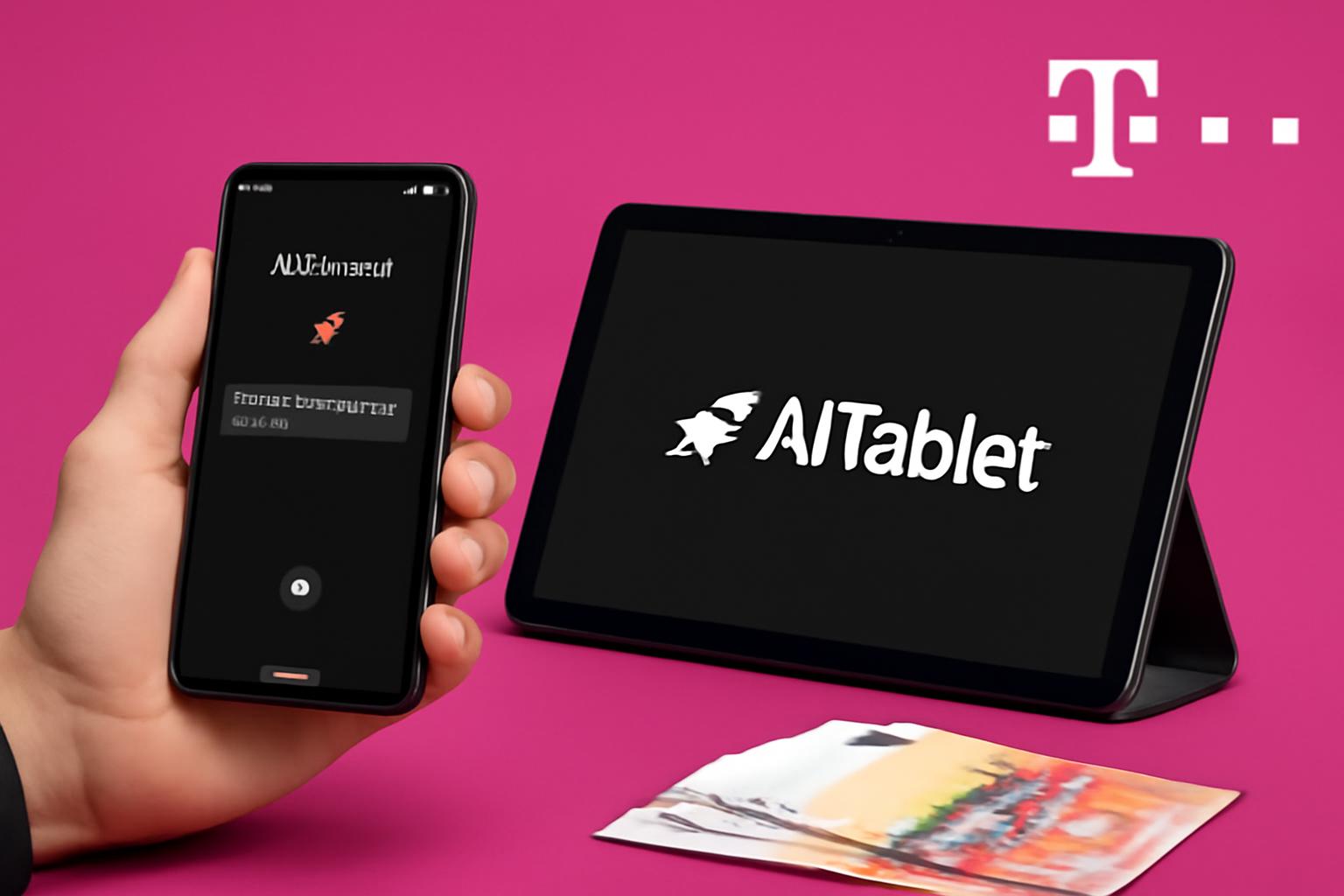Deutsche Telekom has launched its own AI-powered handset built around Perplexity’s service, a device that is steered chiefly by a Perplexity-driven voice assistant, wears a magenta façade, and can sidestep tapping apps by default while still granting access to them if one should desire. It is priced at a modest 149 euros, with a companion AI tablet at 199 euros. This is the latest flourish in Telekom’s long-running project to go from carrier to creator, the modern echo of the T-Phone, as if the cable of power itself can be rewoven by branding and a dollop of artificial cleverness. On the market, Telekom stands as a near solitary beacon in pursuing in‑house AI devices; the other German operators—Vodafone, O2, 1&1—prefer partnerships with Google, Microsoft, and the usual ecosystem gods, or lean on Apple and Samsung with their polished AI outfits. Perplexity, the US AI outfit powering the device, has shown itself lately in headlines for supposedly aiming to seize control of Google’s Chrome browser.
One must admit the pageantry here is delicious: a phone that speaks before it asks you to lift a finger, a screen that wears the color of status, and a price point that tries to whisper “smart luxury” into the pockets of the not-so-elite and the aspirants who pretend to belong to the same club. And yet the deeper drama is not the magenta glow or the novelty of voice-first worship; it is the audacity of telecoms to declare sovereignty over the user’s daily scrolls by tucking an entire AI persona into the palm like a gilded butler. If the idea is to liberate the consumer from the tyranny of icons, one wonders whether the liberation will feel more like a curated exhibit in a private gallery than a practical upgrade for the ordinary person, who, alas, cannot afford to be constantly reminded of their dependence on a walled garden of services.
Then there is Perplexity’s ambition to push further into the browser throne—an ambition that radiates not confidence but a kind of gilded chutzpah. The question lingers: will such strategic moves yield real, measurable superiority, or will they simply entrench a circle where a handful of brands auction for our attention and our data under the pretense of “intelligent assistants”? For now Telekom offers a tempting, inexpensive dalliance with the future, a showpiece that would flatter even the most discerning, provided one can overlook the sordid truth that real elegance in devices remains the rarest of commodities among corporations that measure worth in feature-bloat and brand color rather than in genuine substantive refinement.
